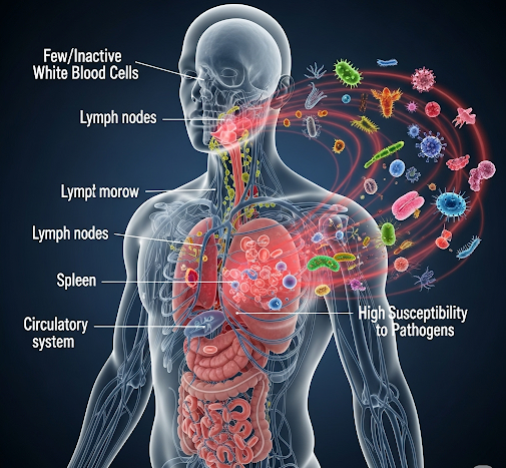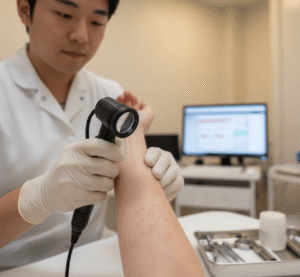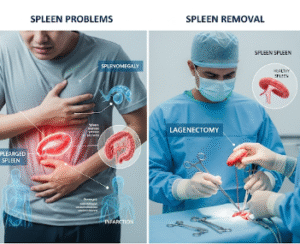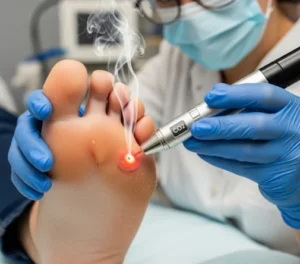Overview
Being immunocompromised or immunosuppressed refers to a state where a person’s immune system is weakened or impaired, reducing their ability to fight infections and diseases effectively. This condition can result from various causes including medical treatments, chronic illnesses, or genetic disorders. In Korea, specialized immunology and infectious disease centers provide comprehensive care to immunocompromised patients, focusing on infection prevention, monitoring, and tailored therapies to improve health outcomes.
What is Immunocompromised (Immunosuppressed)?
Immunocompromised individuals have a reduced immune response due to either an underlying condition or external factors such as medications. Immunosuppression can be temporary or permanent, affecting the body’s defense against bacteria, viruses, fungi, and other pathogens. This increases vulnerability to opportunistic infections and complicates management of existing health issues.
Symptoms
- Frequent or unusual infections (e.g., pneumonia, fungal infections)
- Slow recovery from common illnesses
- Persistent fever without clear cause
- Fatigue and general malaise
- Weight loss and poor appetite in chronic cases
Causes
- Medical treatments: chemotherapy, radiation therapy, corticosteroids, immunosuppressive drugs (e.g., after organ transplant)
- Chronic diseases: HIV/AIDS, diabetes, cancer, autoimmune diseases
- Genetic immunodeficiencies
- Malnutrition
Risk Factors
- Organ transplant recipients
- Cancer patients undergoing chemotherapy
- People with HIV/AIDS
- Elderly individuals with declining immunity
- Patients on long-term corticosteroids or immunosuppressants
Complications
- Increased susceptibility to infections, including opportunistic infections like Pneumocystis pneumonia or cytomegalovirus
- Delayed healing and recovery
- Increased risk of certain cancers
- Hospitalization and increased healthcare costs
Prevention
- Vaccinations tailored for immunocompromised status (avoiding live vaccines when contraindicated)
- Strict hygiene practices and infection control
- Prophylactic antibiotics or antivirals in high-risk patients
- Regular medical follow-ups and early treatment of infections
Treatment Options in Korea
Diagnosis
- Blood tests to evaluate immune function (e.g., lymphocyte counts, immunoglobulin levels)
- Screening for infections and opportunistic pathogens
- Monitoring of underlying disease status
Medical Treatments
- Adjusting immunosuppressive medications to balance immune function and disease control
- Antimicrobial therapies for active infections
- Immune-boosting treatments such as immunoglobulin replacement in certain cases
- Nutritional support and management of comorbidities
Surgical or Advanced Therapies
- Infections requiring surgical drainage or intervention
- Organ transplantation with immunosuppressive regimen monitoring
Rehabilitation and Support
- Patient education on infection prevention and symptom recognition
- Psychosocial support to manage chronic illness impacts
- Multidisciplinary care involving immunologists, infectious disease specialists, and primary care
Top Hospitals or Clinics in Korea
- Seoul National University Hospital – Immunology and Infectious Diseases
- Samsung Medical Center – Immunodeficiency and Transplantation Clinic
- Asan Medical Center – Department of Infectious Diseases
- Yonsei Severance Hospital – Immunology and Rheumatology













